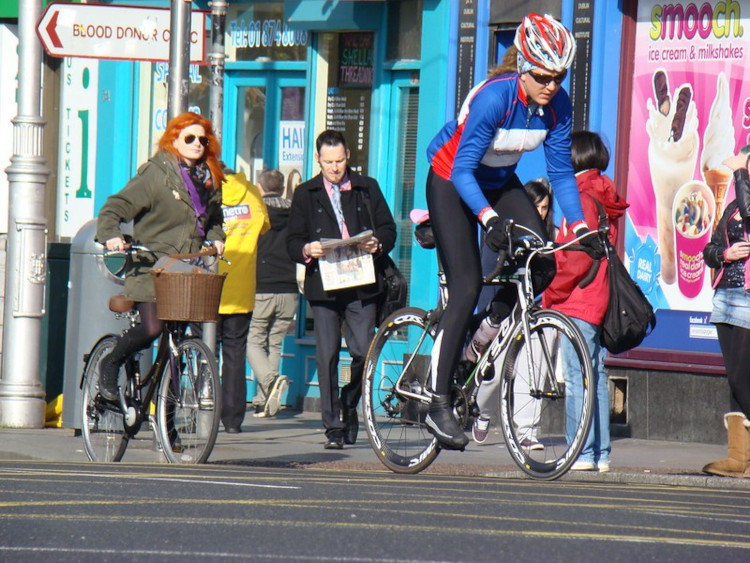New study finds “the benefits of cycling over driving are more profound and sustainable than previously thought”.
Posted on in Business News , Cycles News
A new academic study has concluded that riding a bike, rather than driving a car, is positively associated with “orientation towards the common good”.

The study titled ‘Orientation towards the common good in cities: The role of individual urban mobility behaviour’, undertaken by psychology researchers at the University of Hagen in Germany and published in the Journal of Environmental Psychology, examined the relationships between mobility behaviour – the methods of transport used – and political participation, social participation in organisations, neighbourhood solidarity, and neighbourly helpfulness, four facets of what the authors describe as “orientation towards the common good”.
According to the study, quoted by Road.cc, “a pronounced focus on the common good” is considered an essential component of social cohesion and is associated with the wellbeing of residents across diverse communities and multiple social levels.
However, the researchers point out that little has been previously known about the conditions or factors that promote the common good, or how citizens themselves can create it.
Likewise, while cycling is associated with many positive psychological variables, little is known about how it affects the common good.
By analysing surveys between 2014 and 2019 of a representative sample of the German population, the researchers found that, in urban environments, “cycling rather than driving was positively associated with orientation towards the common good in all models” and that riding a bike “was the only variable that was a significant positive predictor for all four facets of orientation towards the common good after controlling for possibly confounding variables (home ownership, personal income, education, sex).”
They argue that while the interactions motorists and car passengers have with their direct environments are “significantly reduced”, cyclists on the other hand “directly experience the breadth of social diversity and cultural heterogeneity that make up urban life and cannot escape these impressions due to sensory density”.
This direct experience of the environment around them, the authors say, “leads to a stronger emotional bond between people and their neighbourhood” and therefore can lead to them participating in civic activities and politics.
In other words, riding a bike – and the interactions and emotional connection you have with the people, communities, societies, and things around you while cycling – can make you a more responsible, engaged citizen and neighbour.
The “relative isolation” of driving, meanwhile, can “reinforce individualistic behaviours and cause drivers to neglect collective actions”.
The study concluded that mobility behaviour is indeed “associated with the orientation towards the common good”, findings which they say are “significant for policy and planning because the benefits of cycling over driving are more profound and sustainable than previously thought”.


